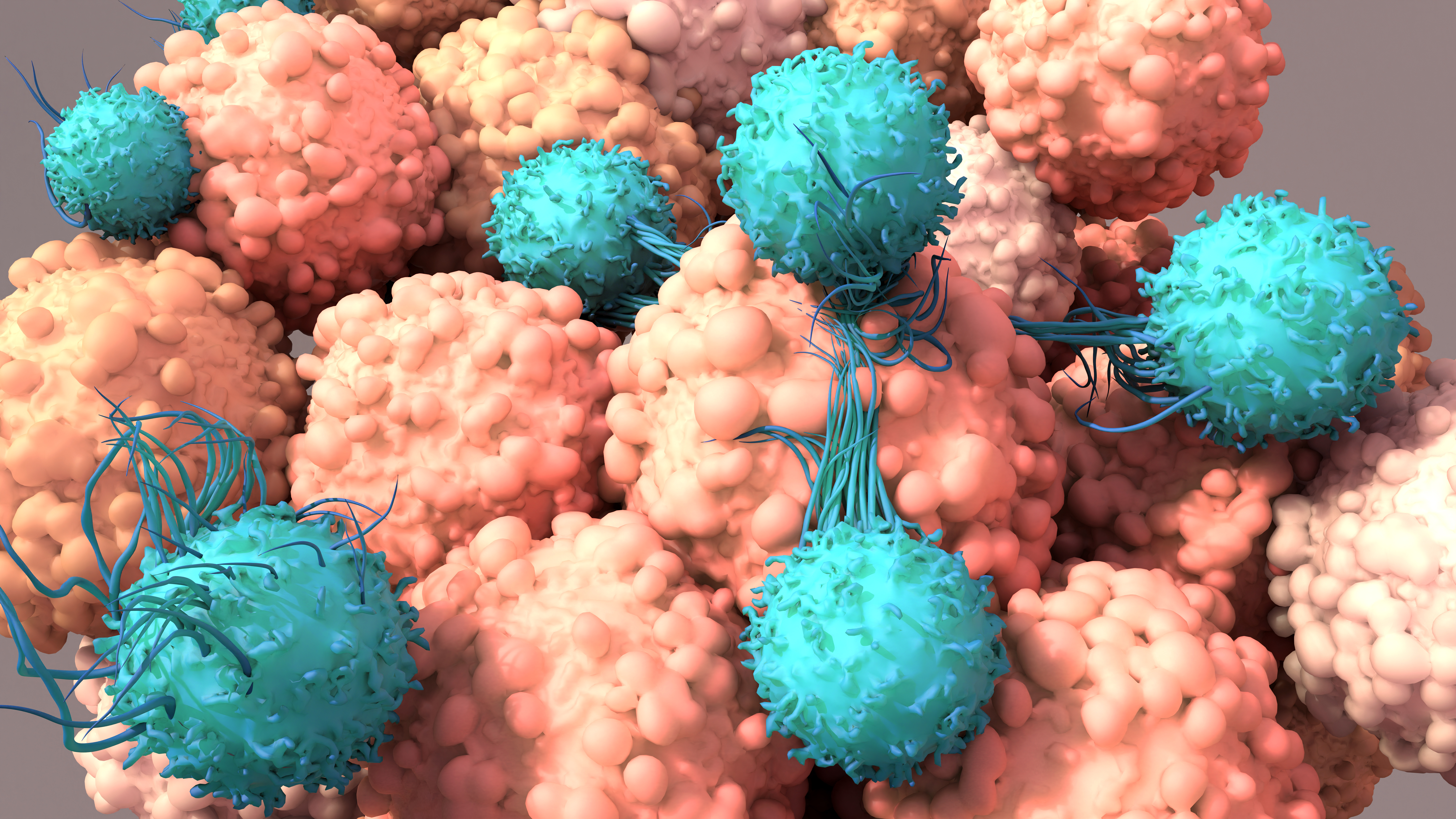
Deriving context from immunological data with advanced flow cytometry


Advances in treatments for human diseases, including cancer, rely on the ability to gain detailed information into the function, modulation, and variation of the immune system in response to stimuli or immunological challenge. Insights derived from these data have, for example, revolutionized cancer treatment by enabling the development of adoptive cell transfer therapies, such as Chimeric Antigen Receptor T cells (CAR-T), that harness an individual’s own immune system to attack cancerous cells.
More efficient and powerful tools are critical for furthering the development of these highly target-specific therapies, as are analysis tools to swiftly interpret and visualize complex data sets.
For example, flow cytometry is a widely utilized method to probe immunophenotype and function of T cell subsets but is challenging to perform reproducibly due to variation from different cell sources or time points. One potential solution is the use of advanced flow cytometry that combines high-throughput sample acquisition with robust analysis software, to gain greater insight into the dynamics of the immune cell function, such as the ability to activate effector T cell populations or induce the formation of memory T cell subsets.
Key Learning Objectives from this webinar:
Audience Q&A session follows the presentation.